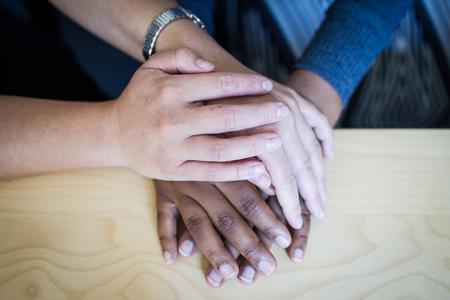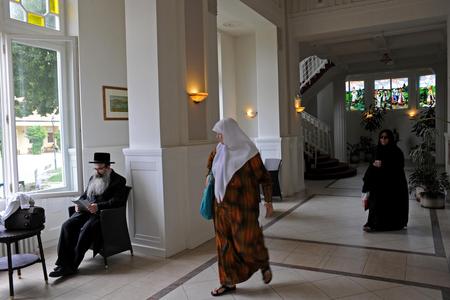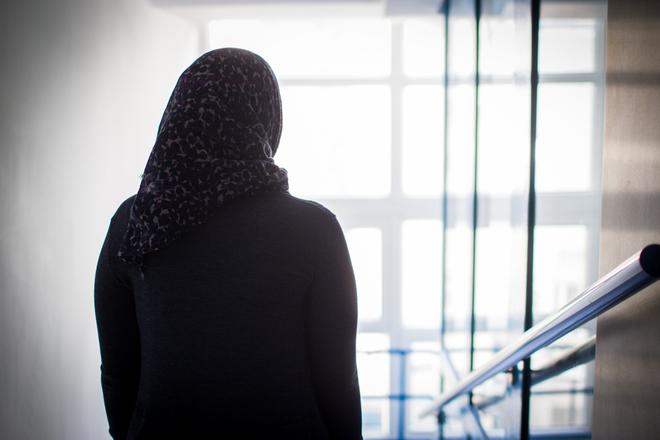When Khadra Abdile, a 24-year-old Somali woman, was waiting for a tram in May she heard screaming. She turned around and saw a man with sunglasses sitting in a car yelling at her, calling her names and demanding she take off her Hijab. When Abdile finally entered the tram someone, probably that man, started to choke her with Hijab punched her and knocked her teeth out.
“The driver came to check what happened and witnesses described what they saw,” Abdile told The Slovak Spectator. “That driver did nothing, asked nothing and continued to drive.”
When authorities granted Abdile and her then 1-year-old son asylum in 2013 she considered her new country safe. That changed after migration crisis started in early 2015. Since then she has experienced six attacks in Bratislava and now avoid public transport.

Abdile is not a young mother with a child in the eyes of extremists, but a target they can call names, or attack, according to NGOs who work with refugees. The number of such attacks on foreigners vastly increased and have become so frequent in Slovakia that NGOs prepared a joint statement on them. They ask politicians to realise that their rhetoric can encourage such physical attacks.
“No one would probably dare to call me names out of nowhere,” Zuzana Števulová of Human Rights League told The Slovak Spectator. “However, some people got impression that they can do it to our clients without a fear of punishment because this is current discourse in our society.”




 (source: SME)
(source: SME)